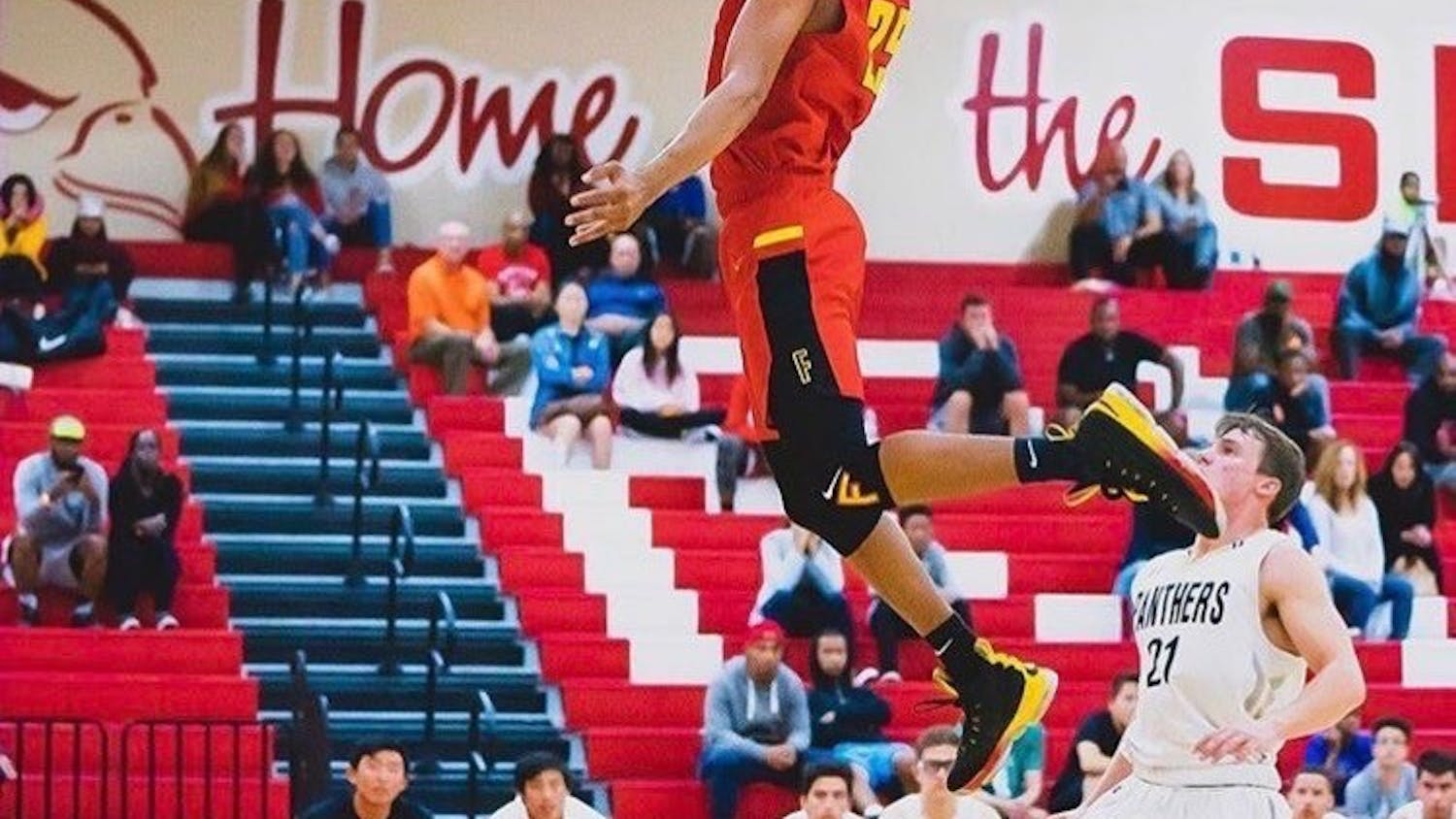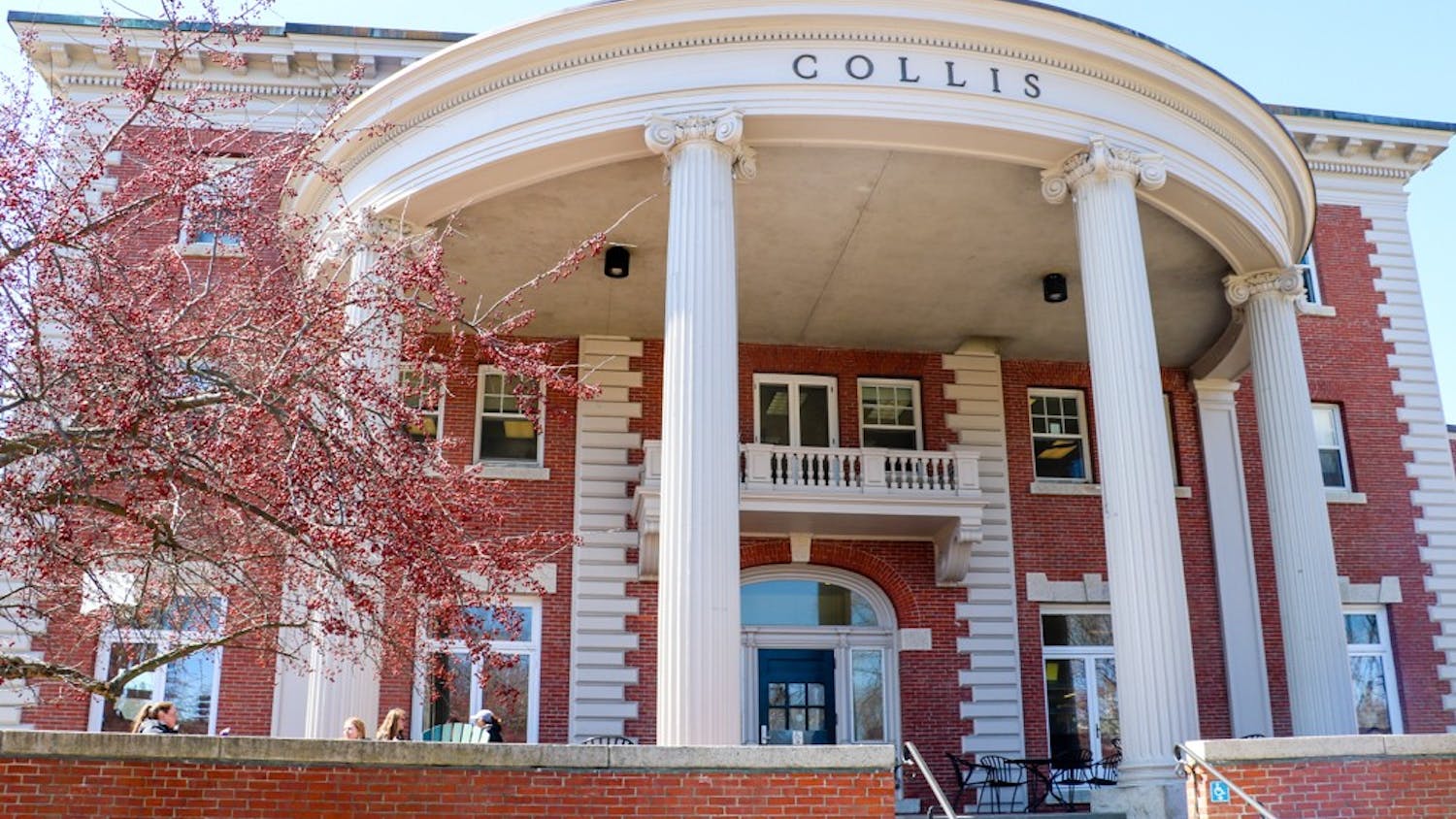This year, Valentine’s Day just won’t be the same. Nobody will fortuitously stumble upon a soulmate at King Arthur Flour or dance with their Marriage Pact match in a fraternity basement. Some will insist on celebrating with a COVID-19-safe platonic get-together, while others will be rushing to secure evening plans for the 14th. Either way, love is in the air — and regardless of our relationship status, we should celebrate love this week by giving to our loved ones without expecting anything in return.
Judging from the way we speak about love in our daily lives, many of us are taught to believe that love is a transactional commitment. We’re told that we love people because of the things they can offer us and the things we can offer them in return. “They complete me,” we gush. Long gone are the days when people would talk about love as a purely economic proposition, but we still chat about being “back on the market” after a breakup, as if love too is ruled by the laws of supply and demand.
In a sense, the love we’re taught truly is governed by supply and demand: Our partners supply us with the traits that we lack in ourselves and demand in a partner. In times of need, they supply that love through emotional support and acts of care. When happens then when the supply of love dwindles? Most states reached historical highs in their unemployment rates during the pandemic. What happens when some people, left without a job or basic necessities, cannot seem to find the time or resources to give or love back?
When there is a recession of love, the pandemic has encouraged many of us to offer ourselves without expecting any compensation in return. In the past year, we have taken care of sick loved ones. We have participated in mutual aid right here at Dartmouth. We have shown up and donated our time and resources to combat systemic racism. 2020 demanded that we demonstrate love in ways that are not necessarily self-serving or self-gratifying, yet remain important all the same.
In feminist scholar Bell Hooks’ book All About Love, Hooks describes love as “an act of will … both an intention and an action.” And just like any other action, we learn to love better by doing — by practicing love on ourselves and others. According to her definition of love, this spur-of-the-moment emotion is more intentional and unconditional than we may think.
Though it is difficult to quantify a notion as abstract as love, some research supports the idea that giving helps us feel emotionally fulfilled, much in the way that love does. A 2008 study by Harvard Business School professor Michael Norton found that giving money to someone else lifted subjects’ happiness more than did spending that money on themselves. Alison Gopnik, a psychology professor at the University of California, Berkeley, came to a similar result. From her investigation into how adults form bonds with their children and each other, she posited that instead of providing care to people because we love them, we actually love people because of the acts of care we perform for them.
Before all else, love is an act of giving — an offering of ourselves for someone else’s growth. As we find ourselves in the midst of a crisis on the 14th, we should honor this definition of love and give to our loved ones with no strings attached. Eventually, that love will make its way back.



